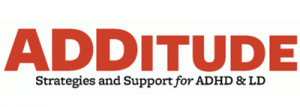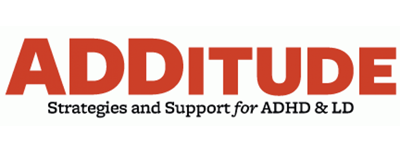Read the article featured on YourTango!
“8 Simple Ways To Make Your College Kid’s Transition Home Easier — On Everyone”
Read Dr. Saline’s blog posts:
Read the article featured on YourTango!
Read Dr. Saline’s blog posts:
“Gecikme nasıl durdurulur? Erteleme davranışı, bir şeylere başlamayı ve bitirmeyi doğal olarak zorlaştıran bir durum olarak DEHB’li bireyleri zayıf düşürebilir. Erteleme davranışı gösteren bireylerin çoğu nadiren zamanlarını hiçbir şey yapmadan harcarlar. Bunun yerine, daha karmaşık, daha zor işlerden ziyade daha kolay görevlere odaklanırlar. Bu “üretken ertelemeyi” azaltmak, öz-düzenleme, organizasyon ve önceliklendirmeyi geliştirmeye dayanır. Gerçekte başarabileceğiniz şeyleri yapamayacağınızı söyleyen olumsuz iç konuşmayı sınırlamak, sizi Bilinçlendirmeye yönlendirecektir.”
Çeviren: Psikolojik Danışman Oğuzhan Karaboğa (Translated by: Psychological Counselor Oğuzhan Karaboğa) NOTE: This is a translation of the original article “ADHD and Productive Procrastination” published in English on PsychologyToday.com.
Read related blog posts by Dr. Saline:

https://youtu.be/AZGrbNjUGlo

https://youtu.be/3I4Kj49Qsgw
Trauma, Anxiety, School Violence & More https://youtu.be/sGXD2TfOqTU “In December 2021, the U.S. Surgeon General issued an unprecedented public advisory regarding the youth mental health crisis in America, which took root before COVID but has grown alarmingly more severe in the last two years. Roughly 1 in 5 children ages 3 to 17 in the U.S. has a mental, emotional, developmental, or behavioral disorder. And 1 in 3 high school students reports persistent feelings of sadness and hopelessness. The COVID pandemic has disrupted the lives of all children, but its adverse effects are particularly severe for children and teens with disabilities, for racial and ethnic minorities, for LGBTQ+ youth, and for other young people in vulnerable populations. Add to all of this yet another horrific school shooting — this time the murder of 19 students and 2 teachers in Uvalde, Texas, on May 24 — and many parents are justifiably worried.
This conversation with Sharon Saline, Psy.D., touches on all these important and immediate mental health concerns. Dr. Saline discusses “small t” traumas from repeated exposure to stresses. In addition, she discusses the dissociation and numbness that often accompanies these traumas, Compassion fatigue, and ways to move forward in the wake of a tragedy or family stress, . She also answers questions from the ADDitude audience — including questions submitted prior to and during the live event.”

Read the article featured on YourTango!